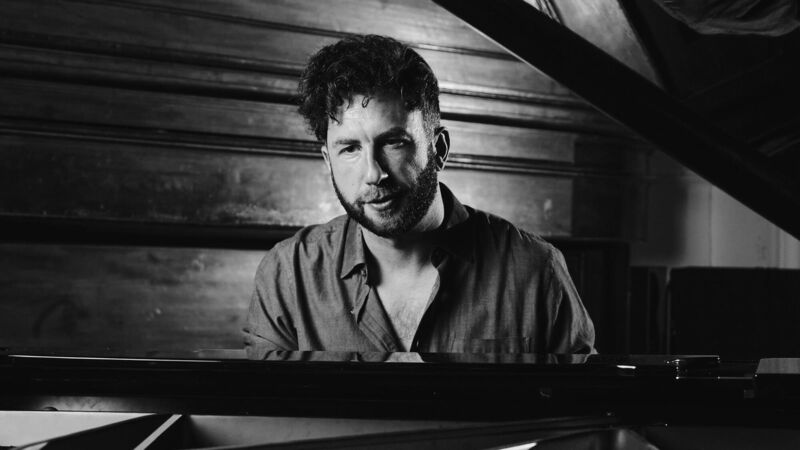Jack O'Rourke: Lockdown album inspired by a Kerryman's secret love for music

Cork singer Jack O'Rourke is about to release a new album. Picture: Miki Barlok
In April 2017, Jack O’Rourke and his father attended a concert by American singer-songwriter John Prine at Cork Opera House. The gig was hugely moving and O’Rourke was struck, in particular, by Prine’s ability to push past the usual singer-songwriter cliches and connect with the audience at a deeper level.
“He’s got such incredible songs, that go beyond break-ups. He latches on to the characters. The sort of people you might know from your own life: eccentric misfits,” says the Cork singer. “When he died, it was a Bowie or Leonard Cohen or Prince moment for me.”




